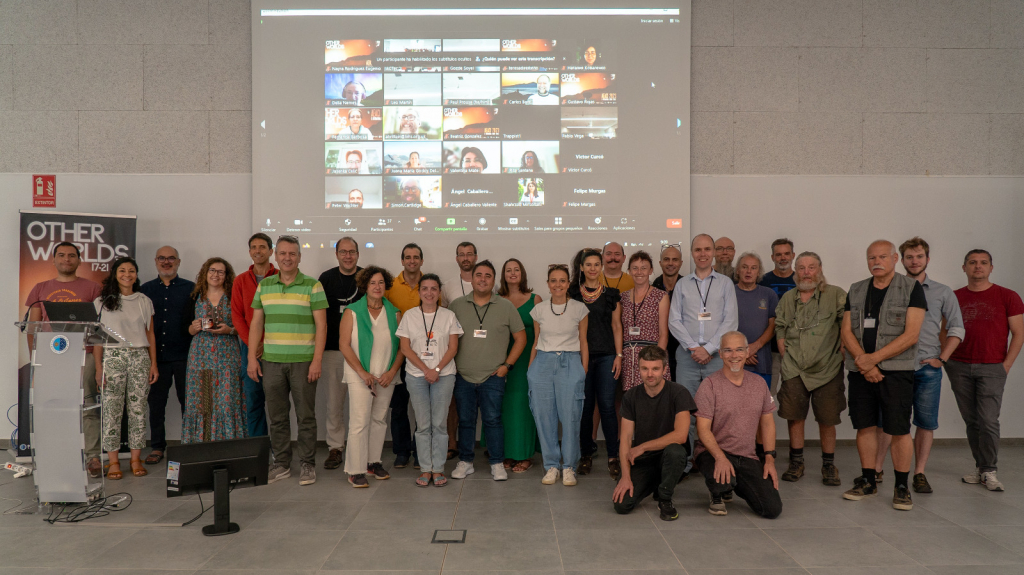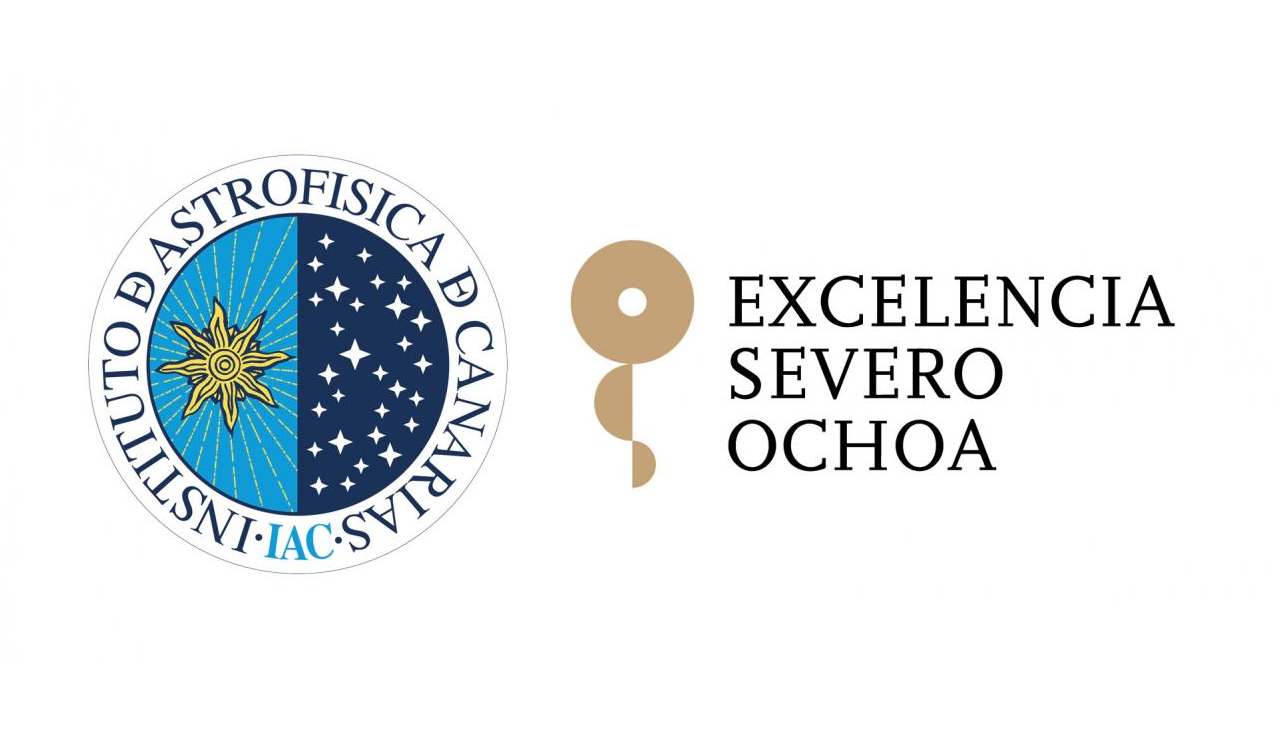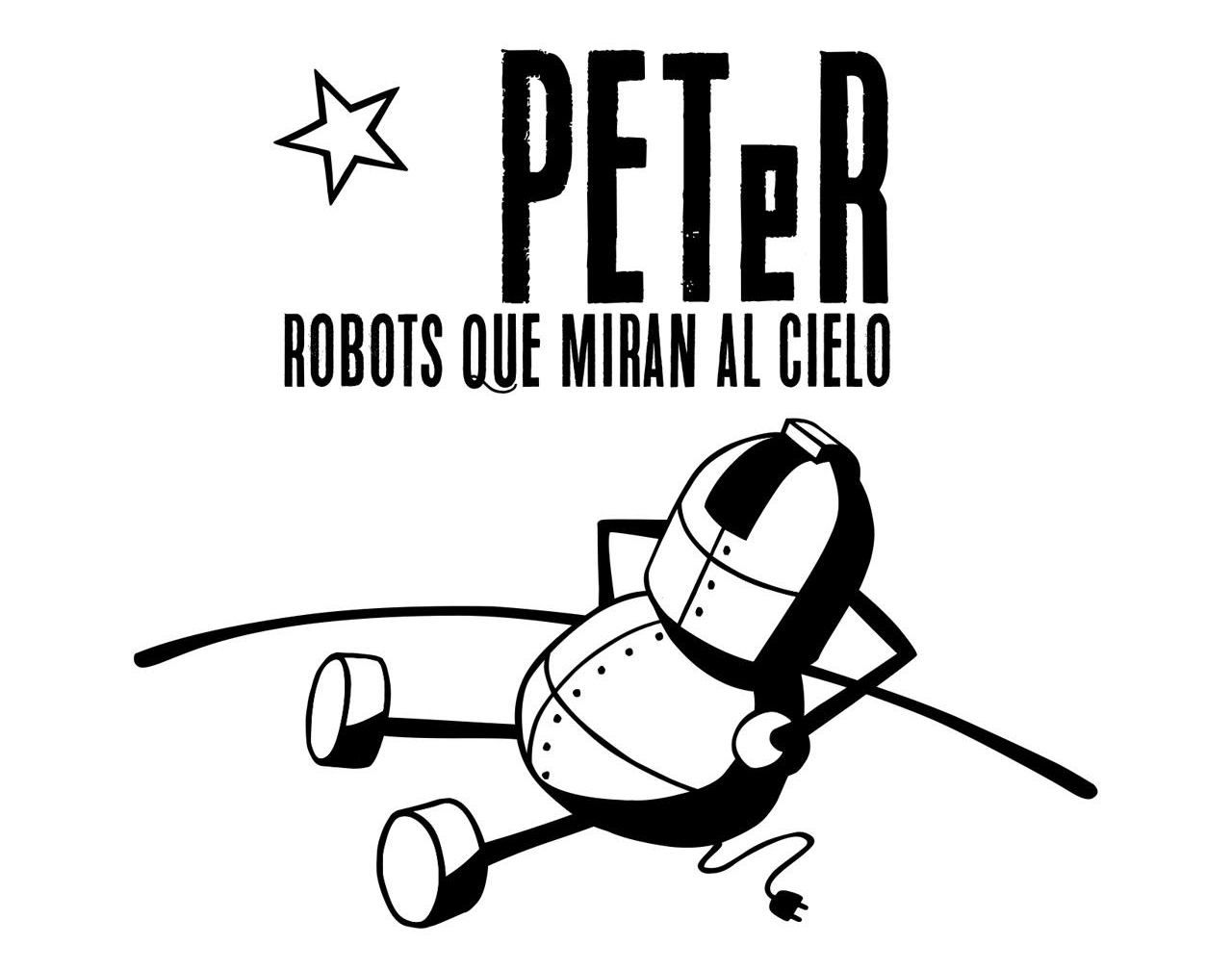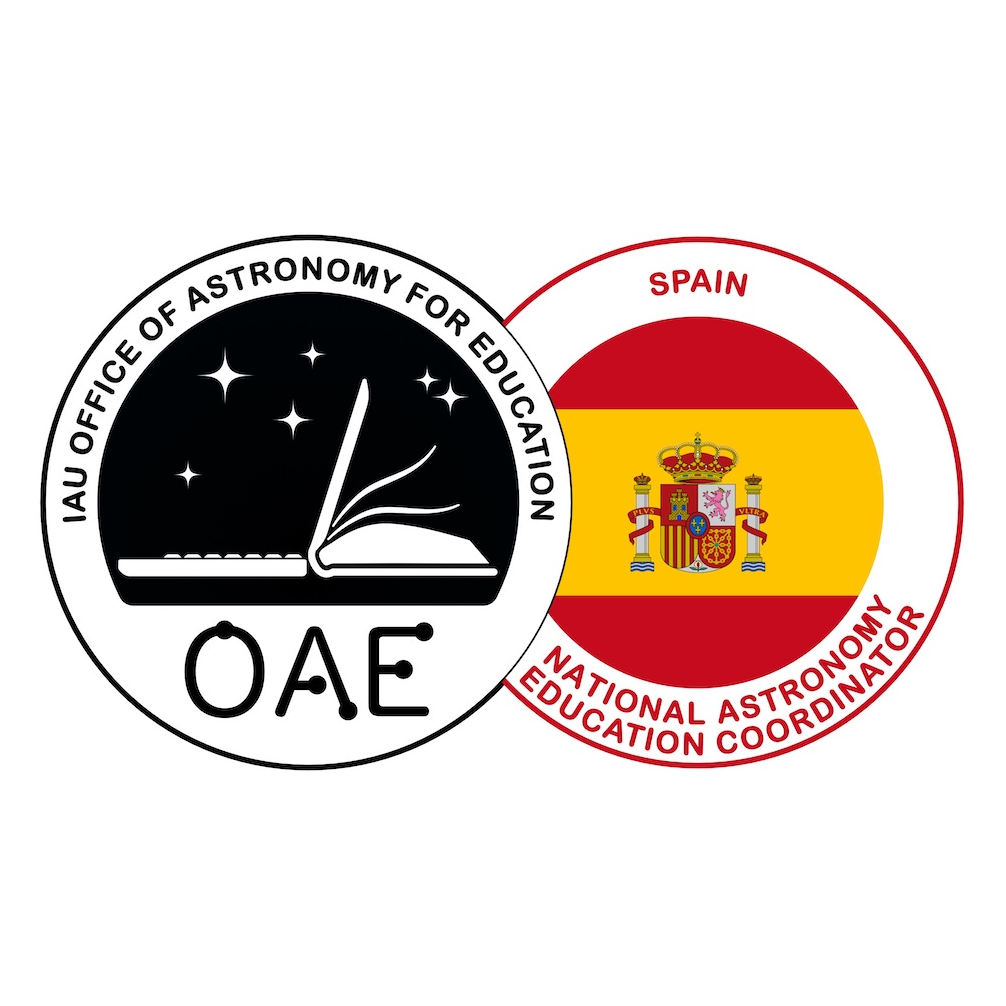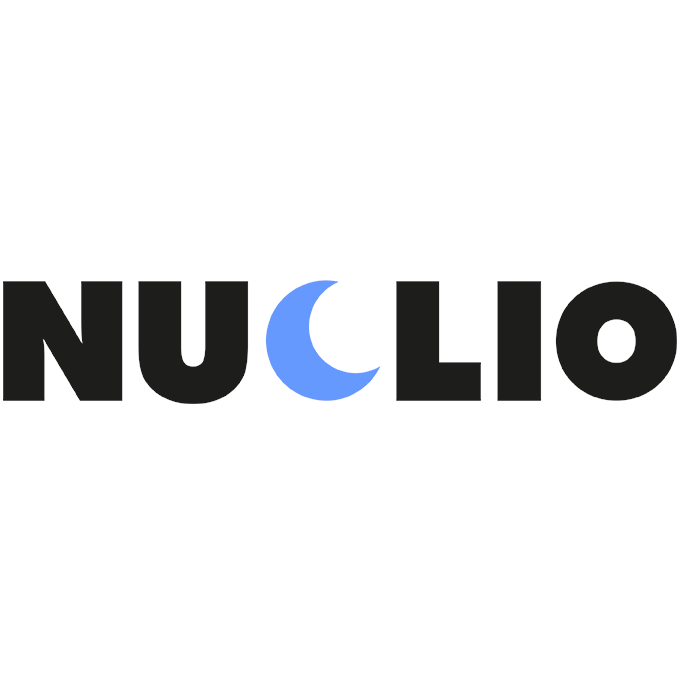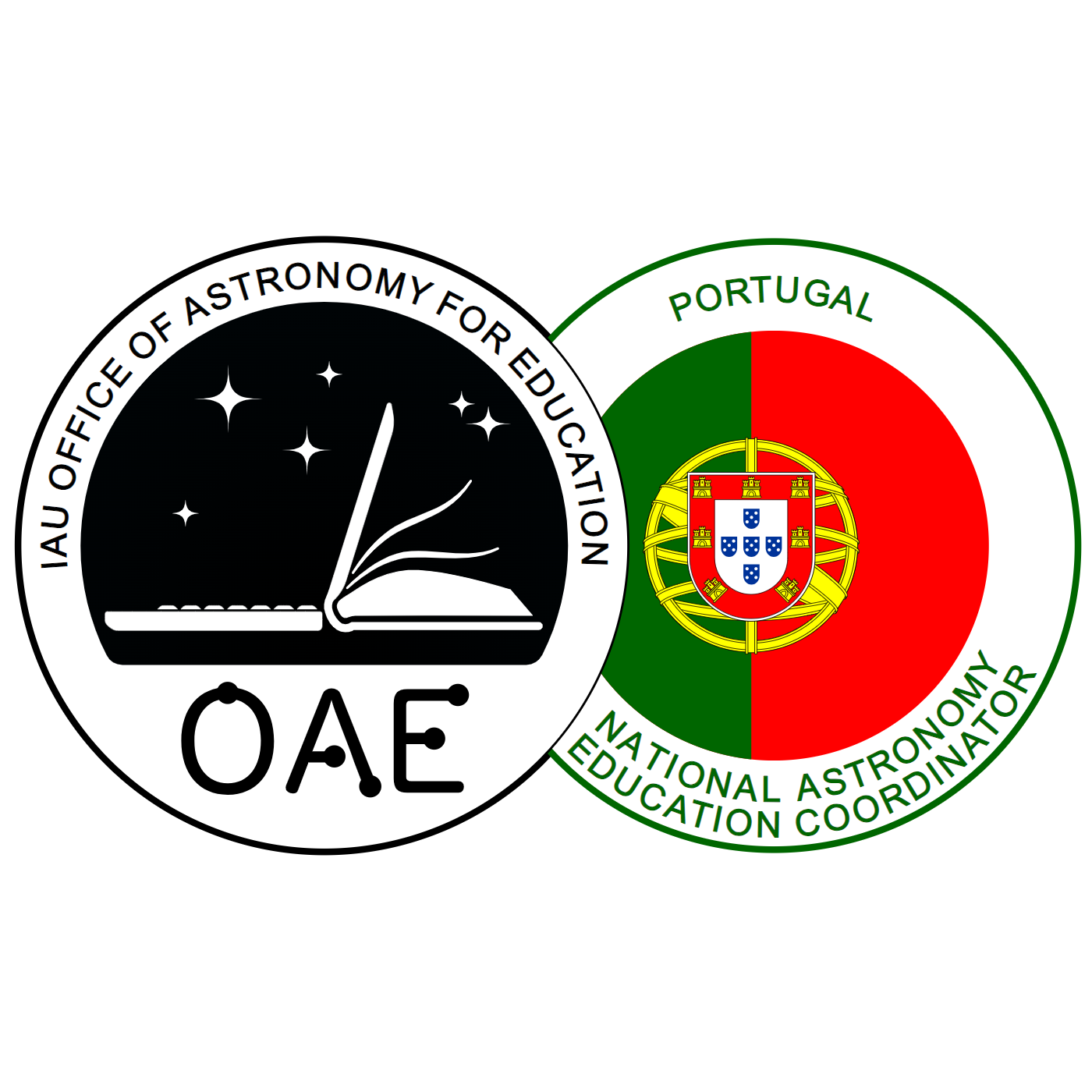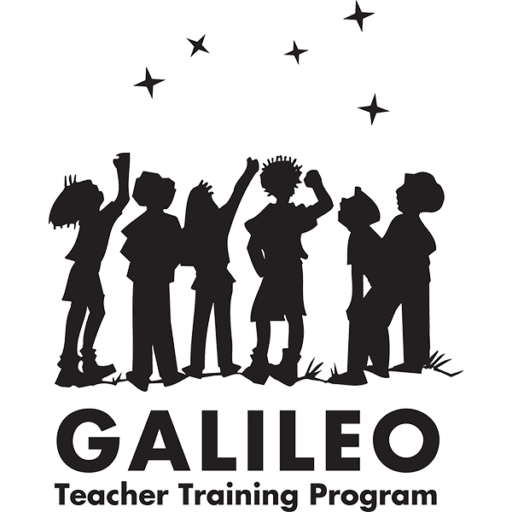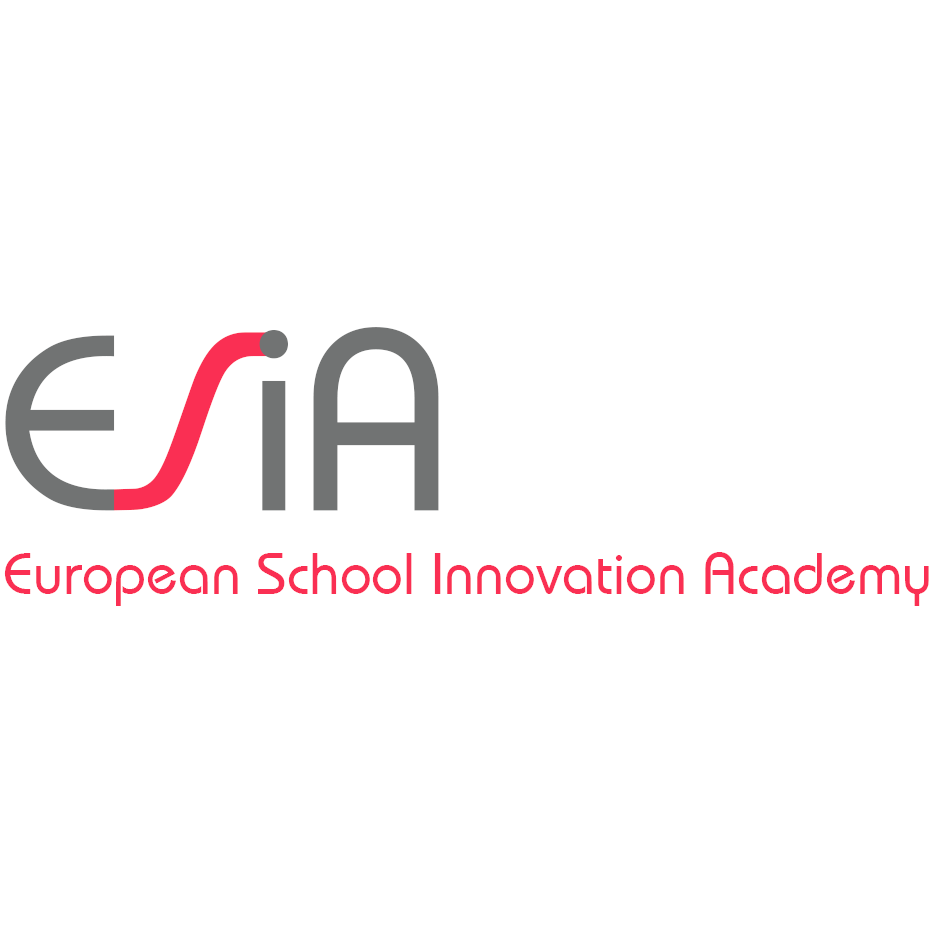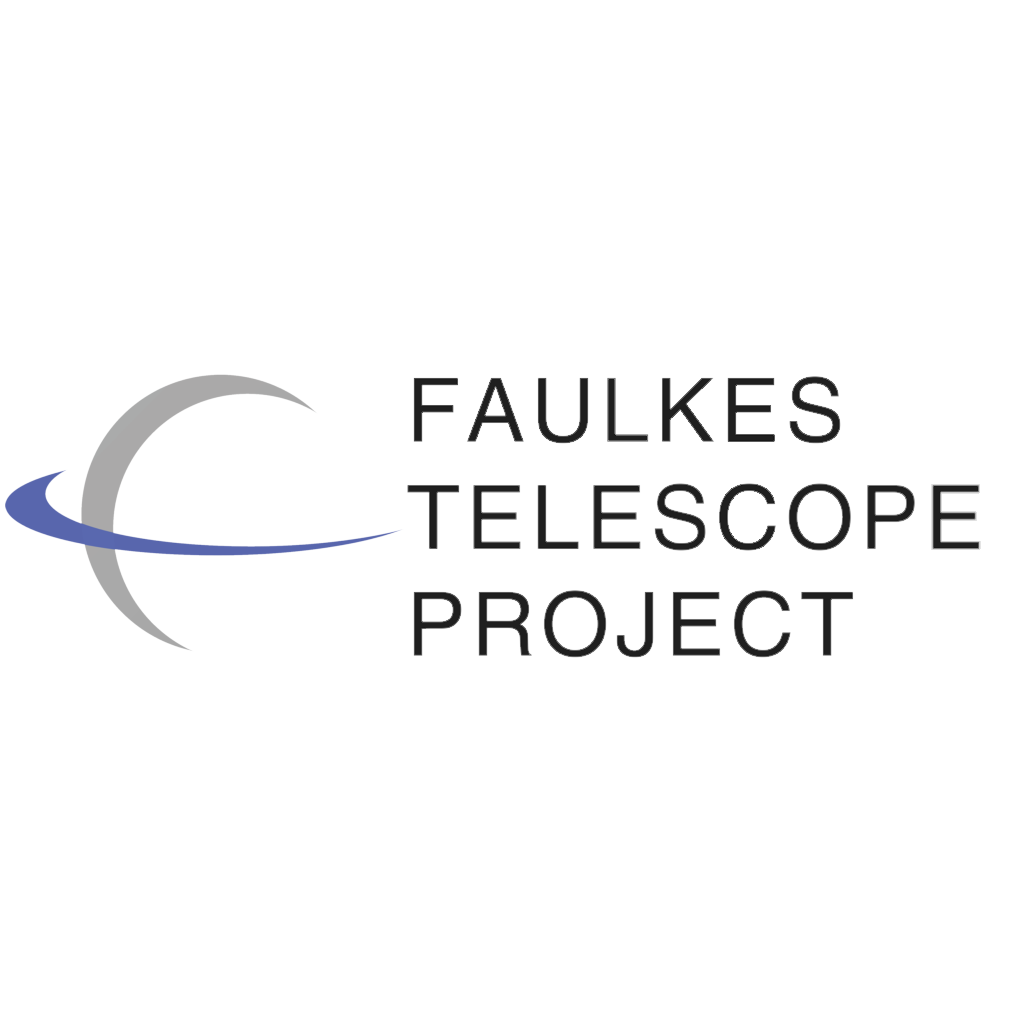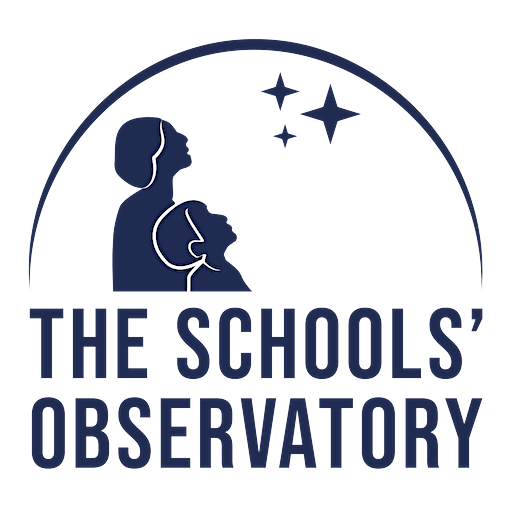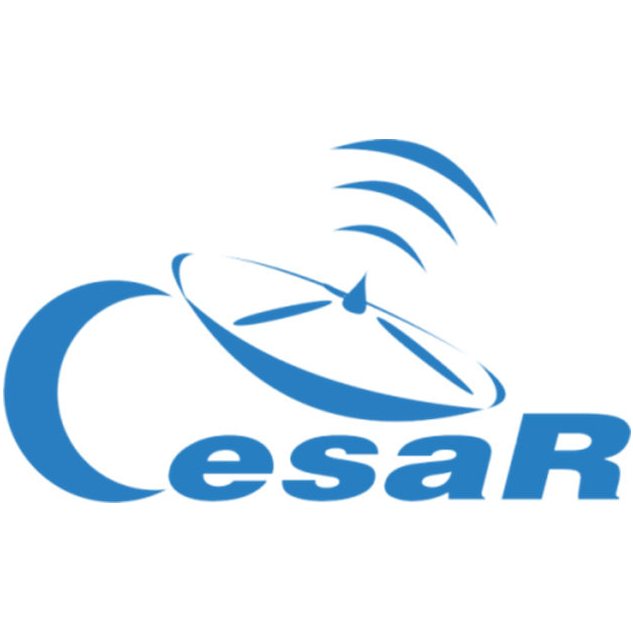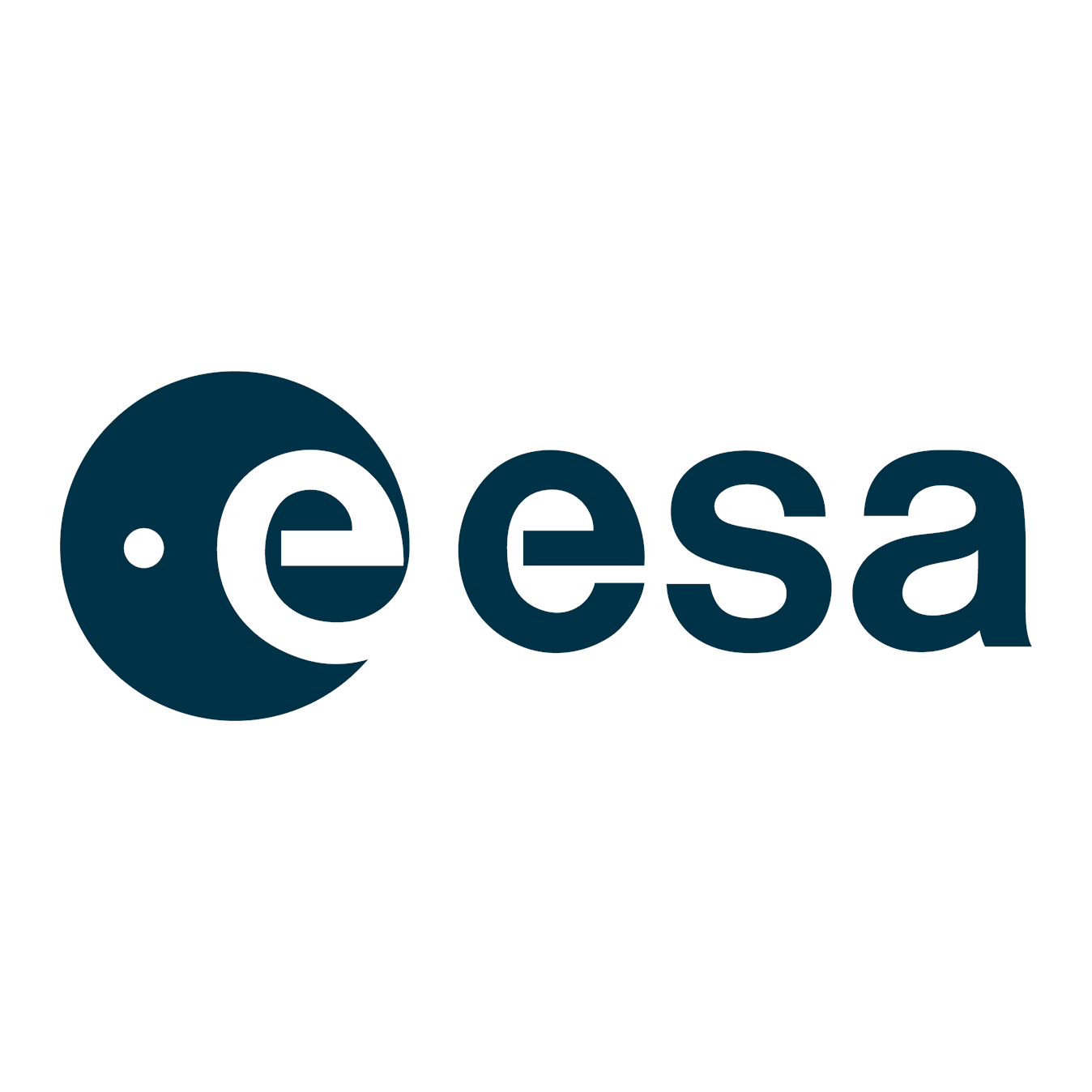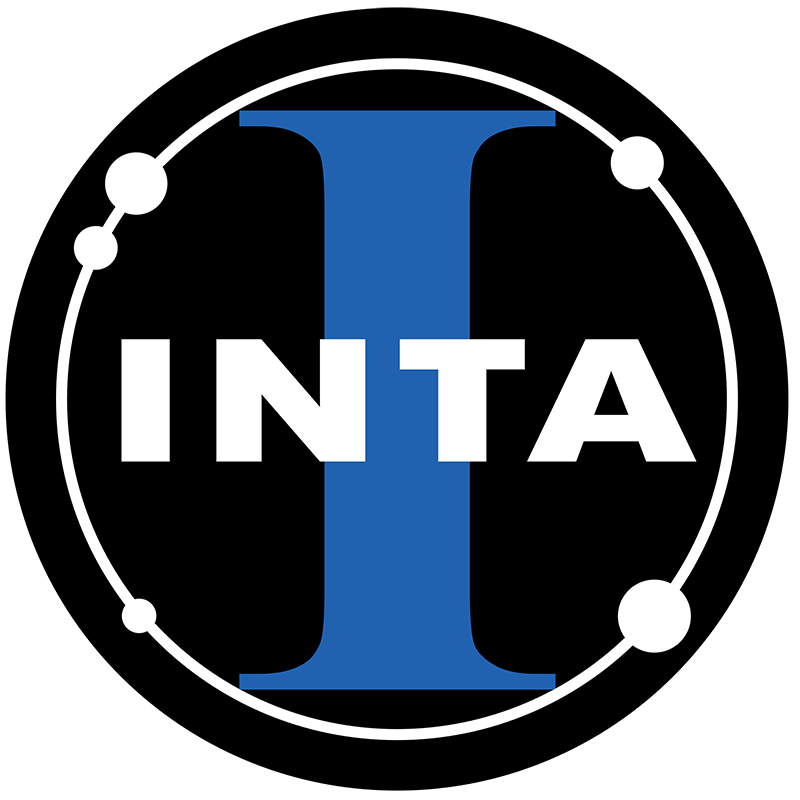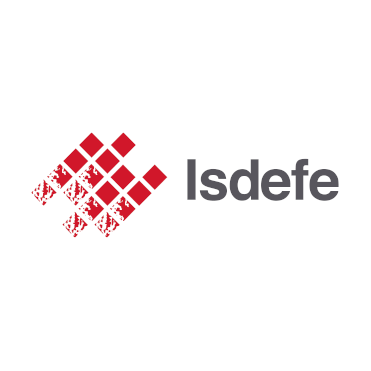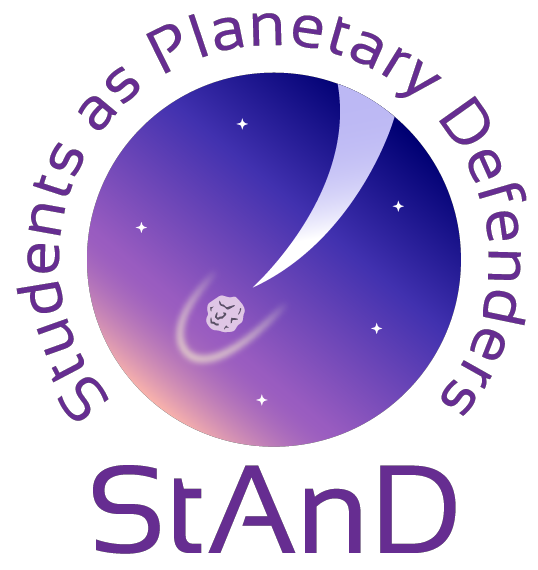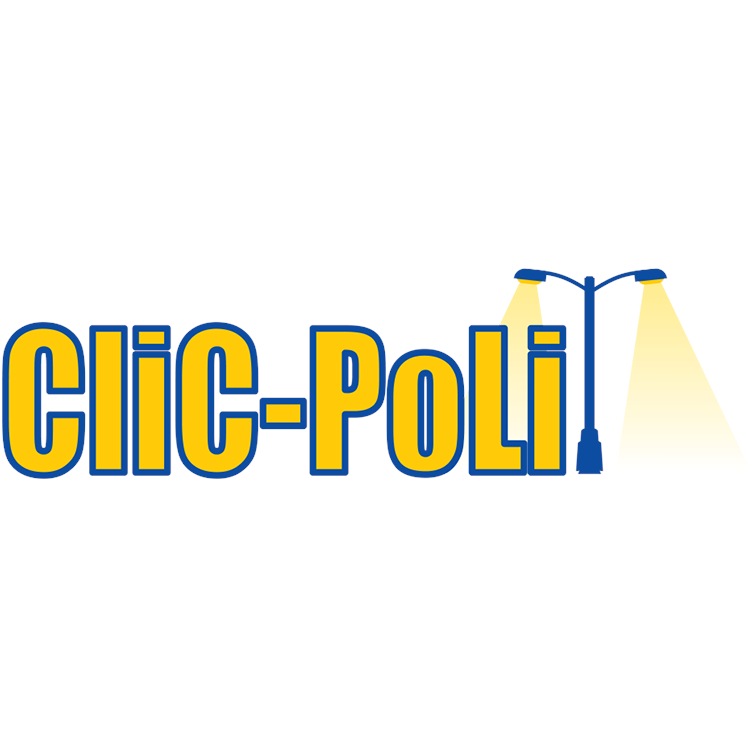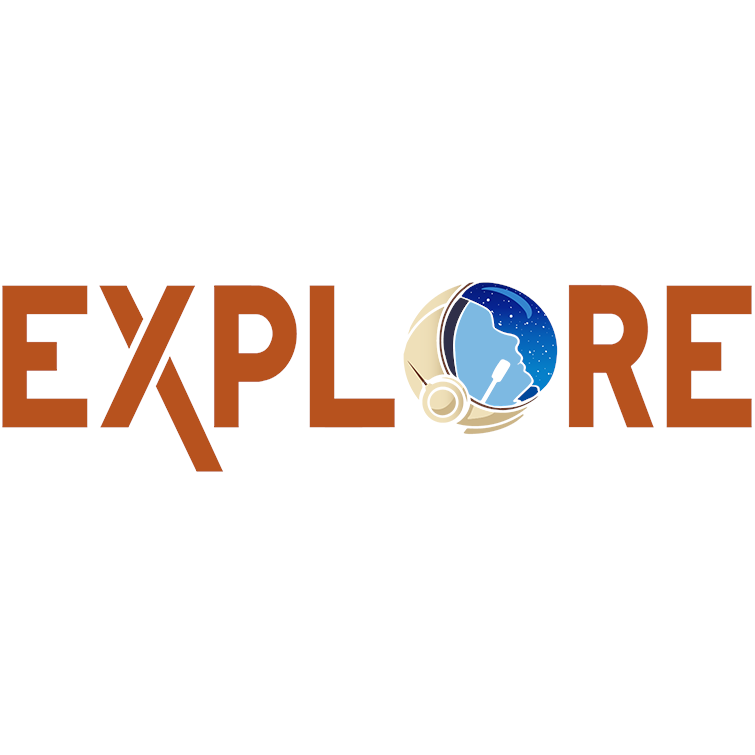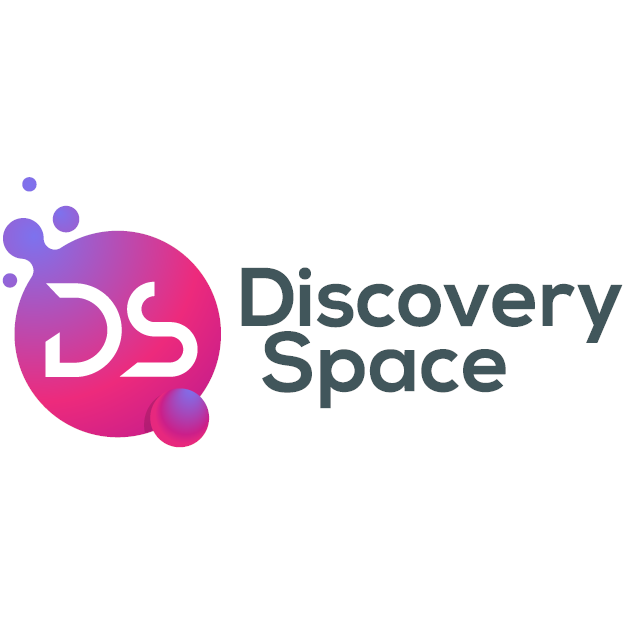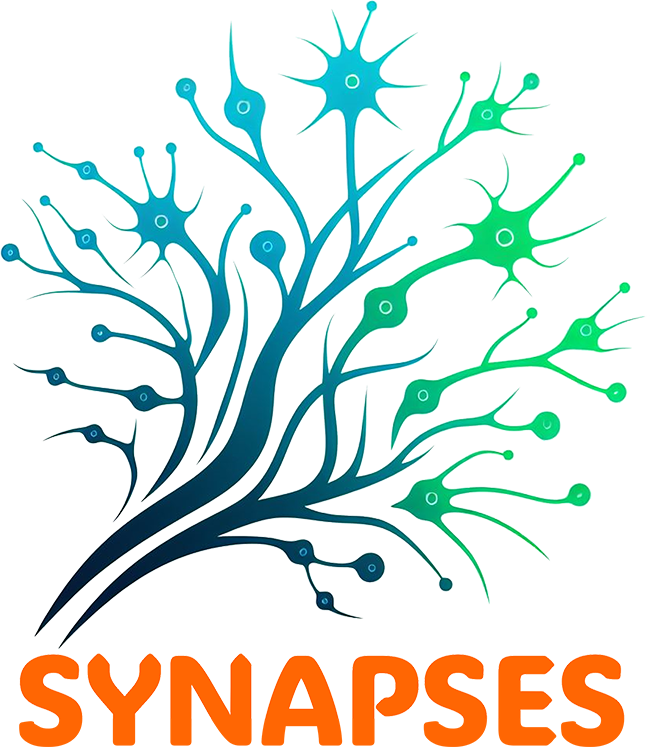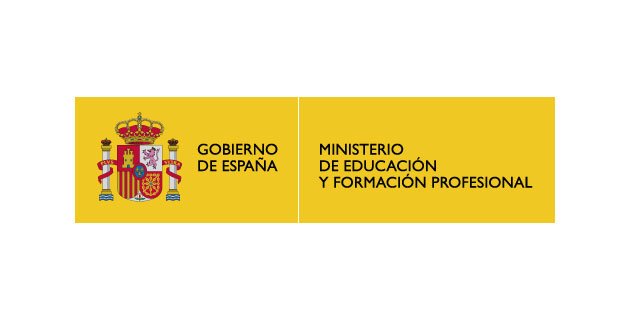AEACI 2024
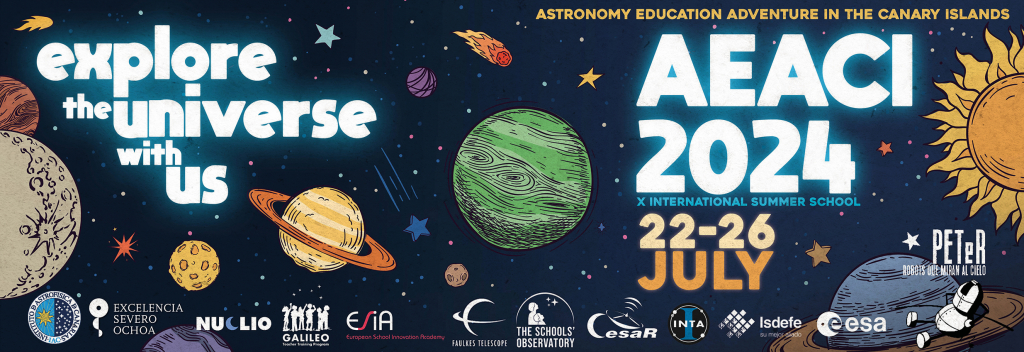
Celebrate with us the 10th edition of the AEACI!
We invite you to celebrate the 10th anniversary of the Astronomy Education Adventure in the Canary Islands. The Instituto de Astrofísica de Canarias (IAC), in collaboration with NUCLIO, the Faulkes Telescope Project, the CESAR team at ESAC, and The Schools’ Observatory invite you to join this special edition in which we will revisit the themes of previous schools from a current perspective and with new resources.
Under the slogan “Explore the Universe With Us”, we will take you on a journey through many areas of astronomy, from the Solar System to distant galaxies, with an approach of practical application to STEAM (Science, Technology, Engineering, Arts and Maths) education.
The main objective of the school is to provide participating teachers with the knowledge and tools to stimulate their students’ interest in science and technology through their participation in research projects in Astronomy and related areas, as well as to promote critical thinking, problem-solving skills, knowledge of the sky and its preservation as part of humanity’s heritage.
The school will be held from July 22 to 26, 2024 in a hybrid format, both face-to-face (in San Cristóbal de La Laguna, Tenerife, Canary Islands) and online, allowing participants from all over the world to enjoy the unique AEACI experience at their best convenience and in a sustainable way.
Who can apply?
Teachers of all grade levels and subject domains, as well as informal educators, are invited to attend the school and dive into a real STEAM experience.
ABOUT THE SCHOOL
General Information
Dates: July 22-26, 2024 (July 27 optional)
Duration: 32 certifiable hours
Modality: hybrid (in-person and online)
Language: English
Venue: “Sala Grande” of IACTEC, San Cristóbal de La Laguna (Tenerife, Spain)
Topics and lecturers
The programme will combine lectures by experts from the IAC and other collaborating institutions with hands-on workshops to learn how to use professional robotic telescopes, astronomical images and other scientific data in the development of student research projects.
The school also includes training visits (face-to-face and virtual) to the IAC facilities and to the Observatories of the Canary Islands.
The contents of the school will address each day one of the themes that have been the focus of previous editions:
-
- The message of light
- Our home in the cosmic ocean
- Stars
- Other worlds
- Astronomy for sustainable development
Timetable
Morning programme: It comprises 5 sessions of 3.5 hours + 30’ coffee breaks + 15’ Warm-ups
Afternoon programme: It will include 4 sessions of 2 hours + 15’ Warm-ups , and a training visit to the Teide Observatory (Tenerife).
On-site participants will be able to sign up for an optional visit to the Roque de los Muchachos Observatory on the neighbouring island of La Palma, which will take place on July 27.

ATTENDING THE SCHOOL
Registration
Registration will be open until June 30 (or until full capacity is reached) and places will be allocated on a first-come, first-served basis, with priority given to teachers working in public schools.
We will admit up to 40 on-site attendees and 200 online attendees.
Fees & Funding
The school is partially funded by the Communication and Outreach Unit of the IAC.
Participation in the course can be funded by the ERASMUS+ Programme.
Attendance to the school requires a registration fee for accepted face-to-face participants that covers:
-
- Morning coffee during lecture days.
- Lunch at the school venue.
- Visit to the Teide Observatory (Tenerife) including transportation, guided visit, activities and dinner.
- School materials.
- Tuition fee for lectures, workshops and visits.
The registration fee is:
-
- 100 € for on-site participants from Spain (fee partially funded by the IAC).
- 400 € for on-site participants from outside Spain.
- 10 € for online participants. This symbolic fee will go entirely to the NUCLIO Trust programme to help students from developing countries to pursue university studies.
Payment instructions will be sent to applicants once the registration form has been completed and their participation has been accepted.
A limited number of grants may be awarded by the IAC to cover part of the costs of participants who do not have sources of funding. Applicants who require grants may indicate this on the payment form, once they have registered. Participants who are awarded a grant will be informed by July 8.
Deadline for the payment is July 10.
We are also planning an optional visit to the Roque de los Muchachos Observatory in the beautiful island of La Palma, on Saturday July 27, with an estimated additional cost of 100 € for Canarian residents and 200 € for non-residents. This trip will take place if it gathers the interest of a minimum amount of people (15), a requirement that has been met in all previous editions of the school. The trip includes the return flight between Tenerife and La Palma, bus transfers on La Palma, a visit to the Roque de Los Muchachos Visitor Centre, lunch and a guided tour of several telescopes. It is a full day trip and we do not expect to be back in Tenerife before approximately 20:30h.
School Venues & Local Information
The school will be held in the “Sala Grande” of the IACTEC building, in San Cristóbal de La Laguna (Tenerife, Spain).
GETTING READY
Please review the recommendations for IT requirements, software installation, etc. that you will find in the following link prior to the start of the school.
ORGANISERS
The school is organized by the IAC and NUCLIO, in the framework of the IAC PETeR project, and in collaboration with the Faulkes Telescope Project, the National Schools’ Observatory and the CESAR initiative (ESA-INTA-ISDEFE), in partnership with the European School Innovation Academy (ESIA).
Organising Committee
-
- Nayra Rodríguez Eugenio (Chair, IAC)
- Alejandra Goded Merino (IAC)
- Iván Jiménez Montalvo (IAC)
- Rosa Doran (Co-chair, NUCLIO)
- Gustavo Rojas (NUCLIO)
- Ana Costa (NUCLIO)
- Teresa Direitinho (NUCLIO)
- Fraser Lewis (FTP, TSO)
- Juan Ángel Vaquerizo (CESAR, ISDEFE)
- Sandra Benítez Herrera (CESAR, ESAC)
- Stacey Habergham-Mawson (TSO, LJMU)
- Soli (Mohamed) Daoud (TSO, LJMU)
- Andrew Newsam (TSO, LJMU)
- Emma Smith (TSO, LJMU)
Technical Secretariat
-
- Ana Costa (NUCLIO)
- Ana Quevedo (IAC)
CERTIFICATION
School attendance is certified by the IAC and NUCLIO, within the framework of the Galileo Teachers Training Programme (GTTP).
The AEACI 2024 is a recognised activity in terms of in-service teacher training by the Ministry of Education and Vocational Training of the Spanish Government.
CONTACT
